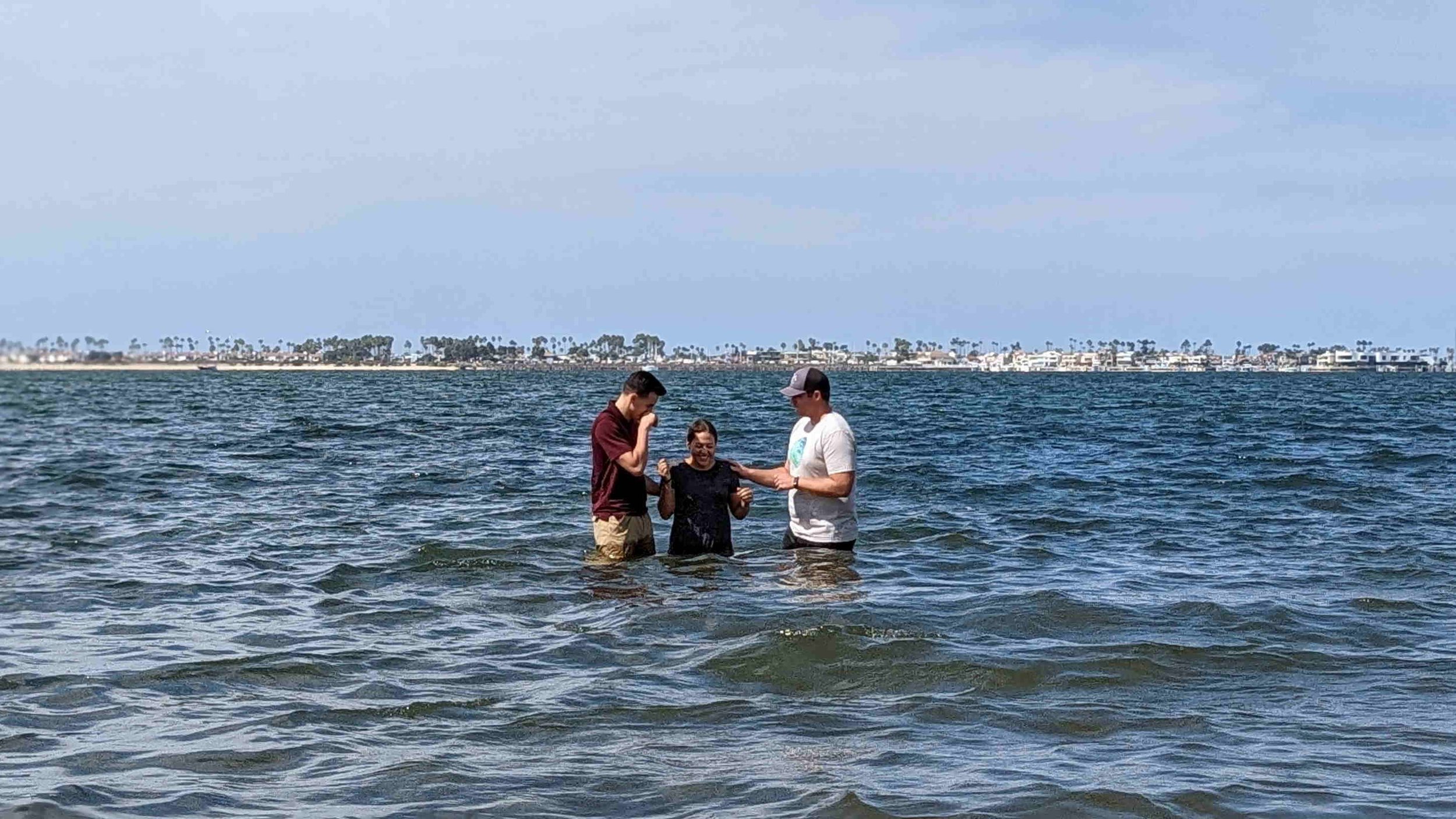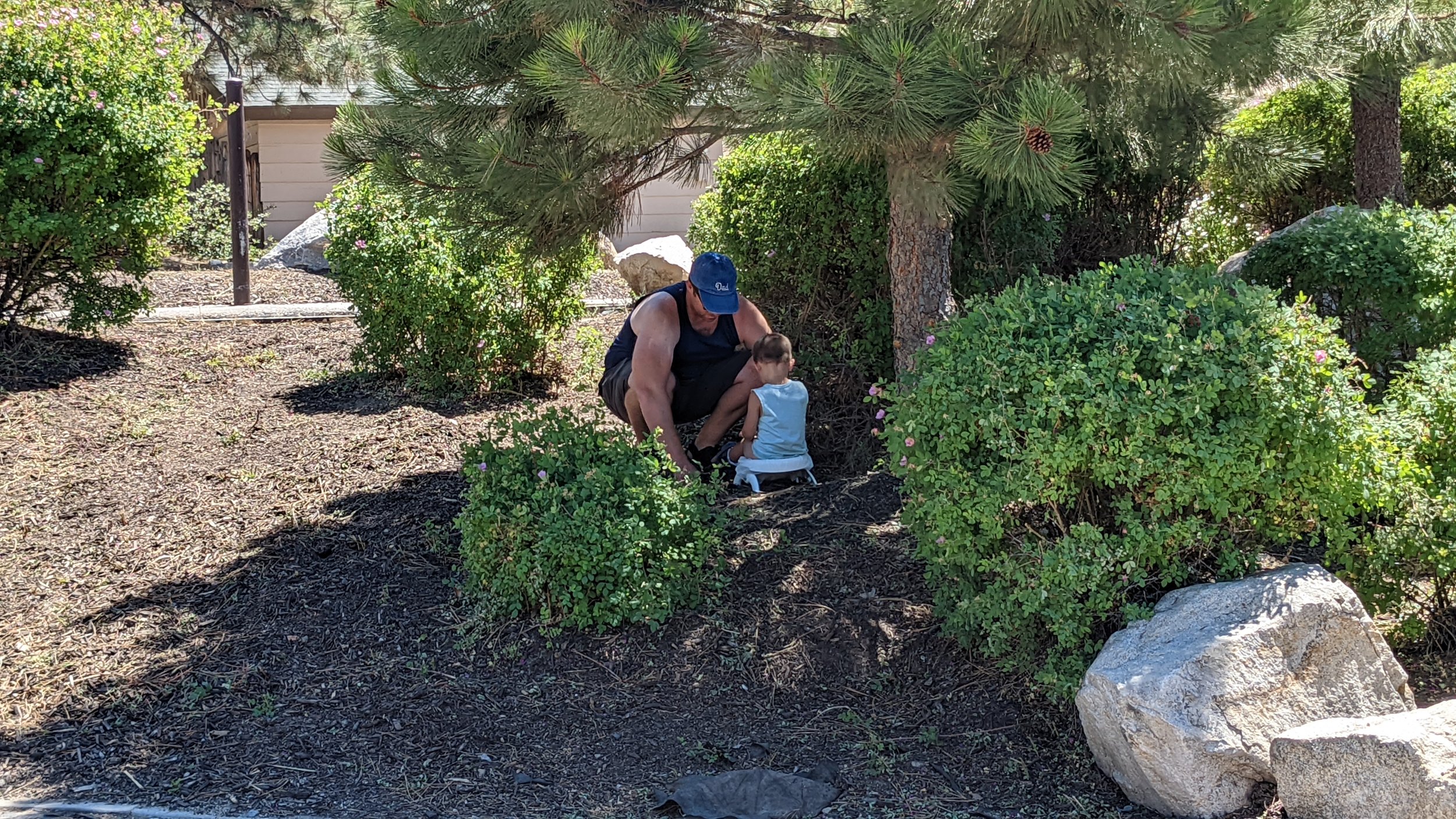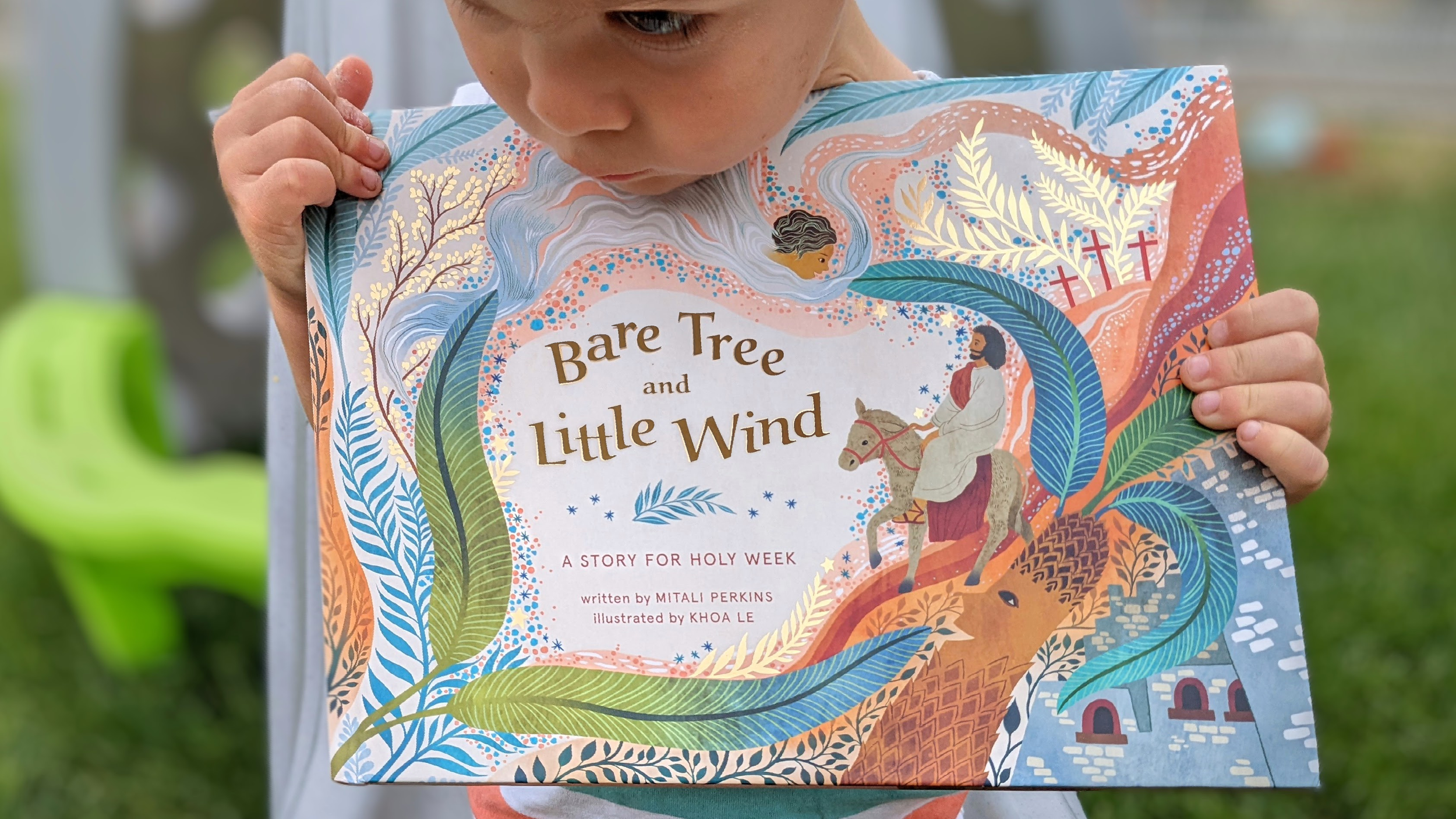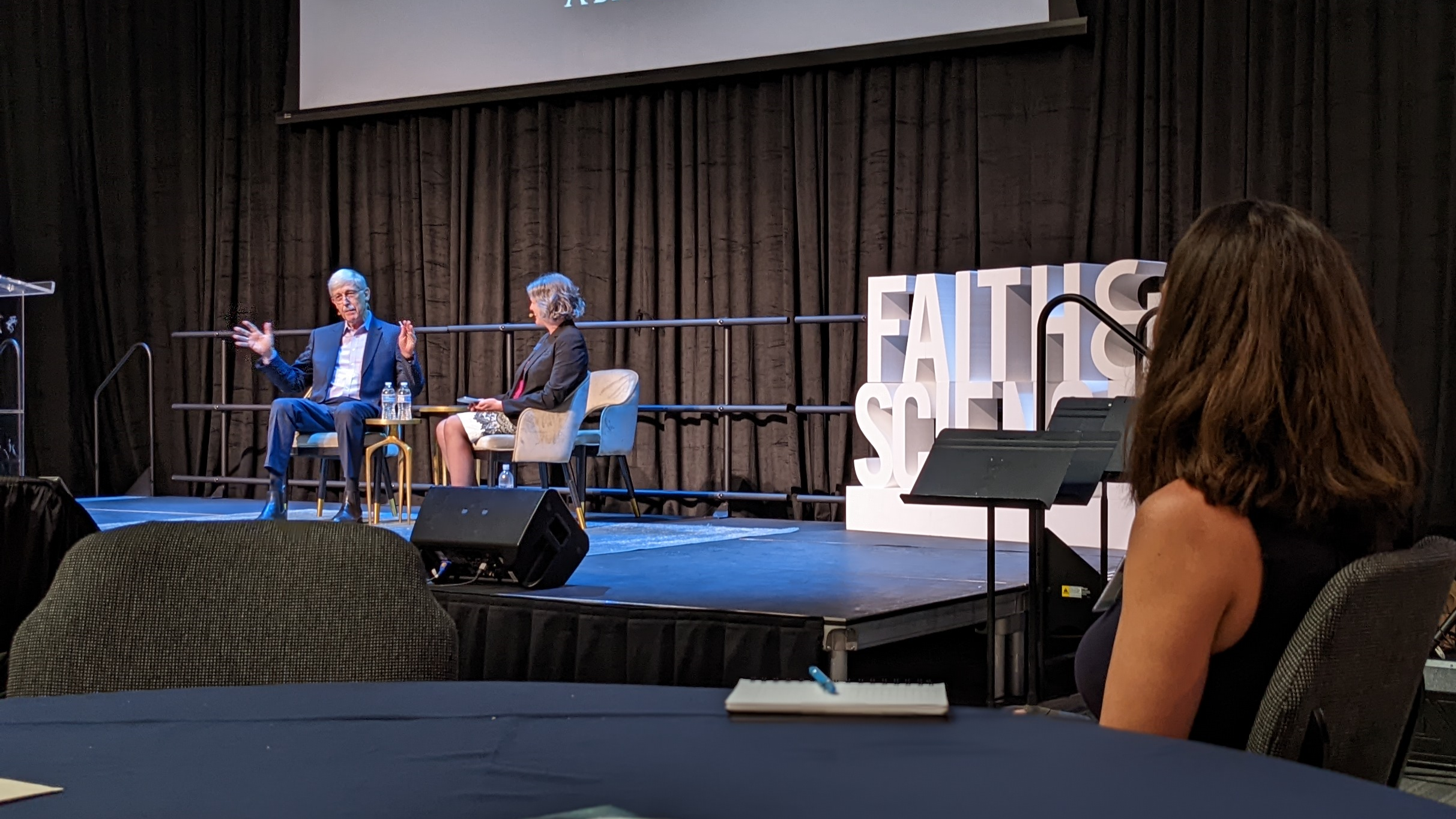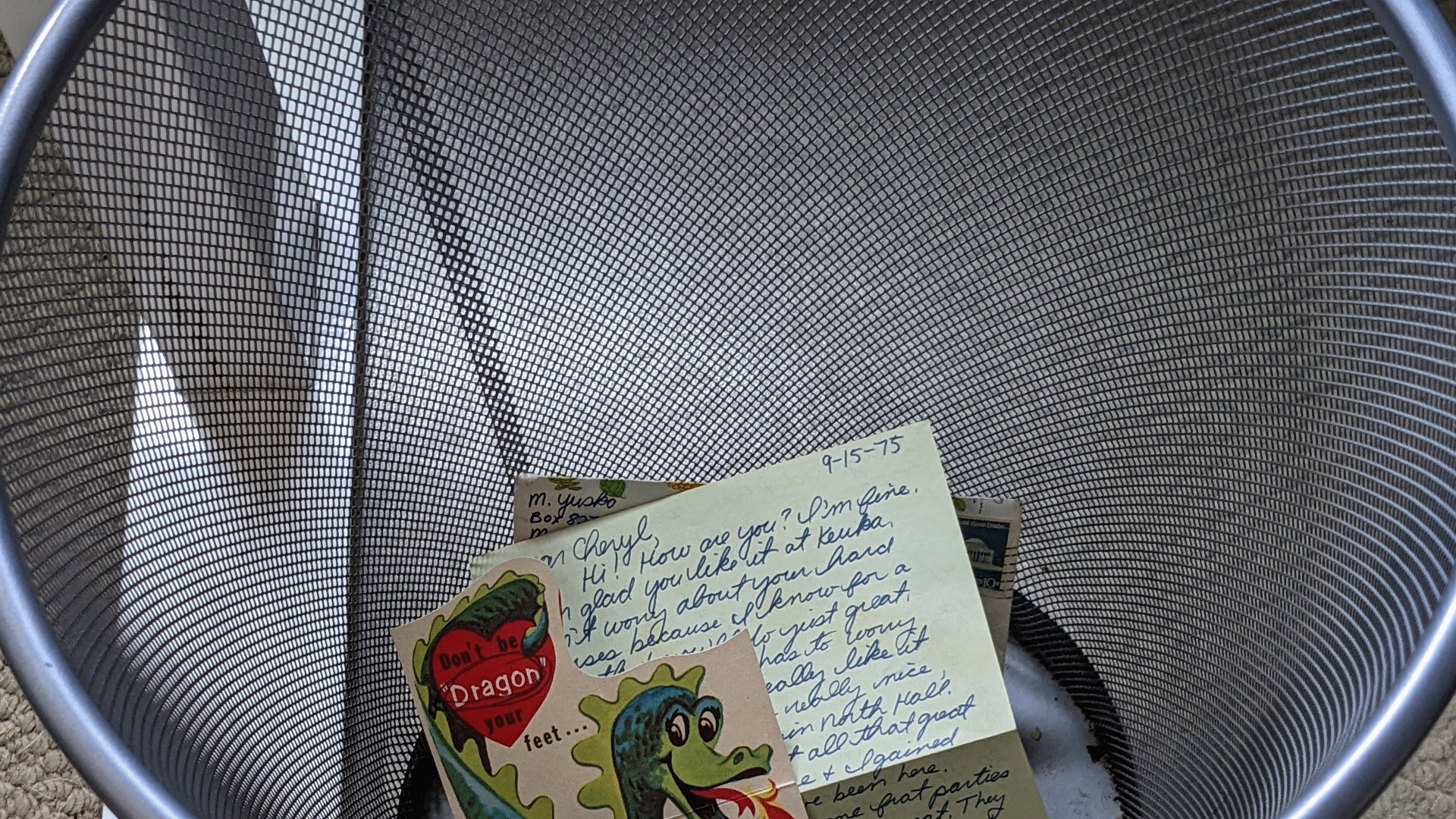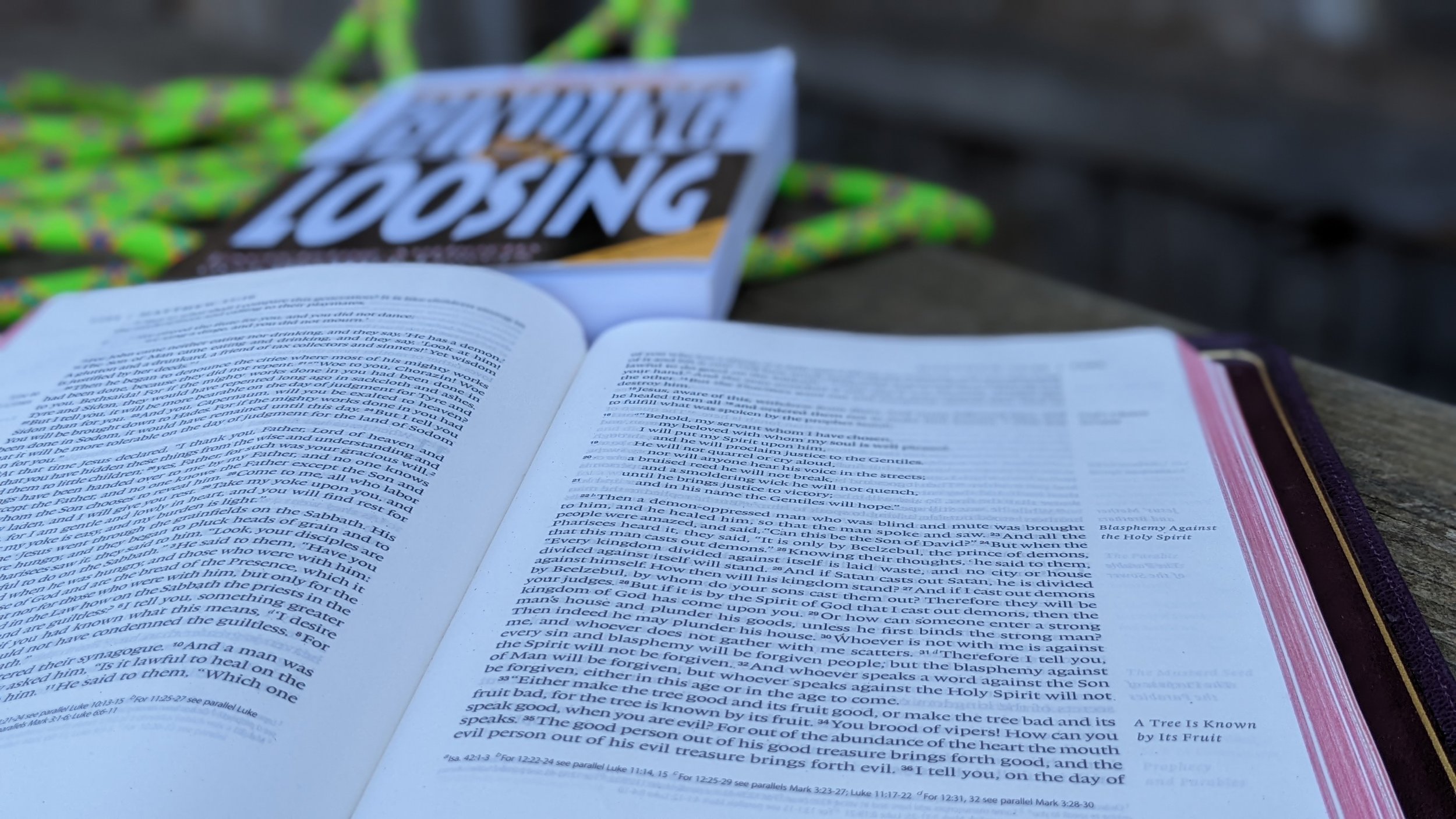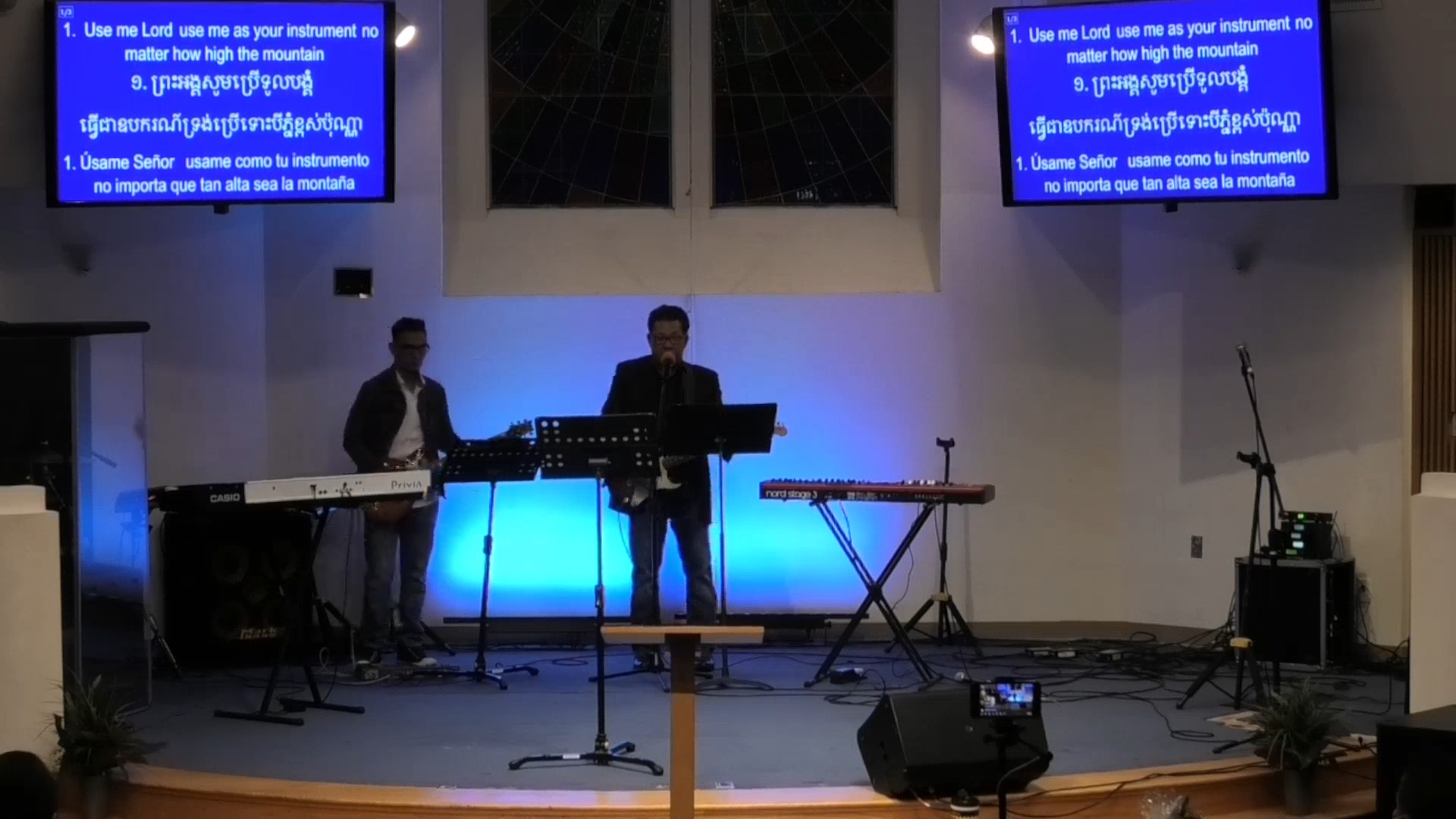Digging Up The Dirt
Chula Vista, CA
We attended a Christmas party last December and within two minutes of our arrival, Silas (age 2) showed me a toy he had just found. We were outside, in the dark, and on time (meaning not many people were there yet.) Looking around, I asked him, “where did you find this tractor?”
The kid had the audacity to correct me. Kids these days. Instead of answering my question, he said “bulldozer,” which made me laugh. Ooookay kid, “where did you find this bulldozer?”
I didn’t know he knew that word. And clearly he’s smarter than me in this area because I don’t really know the difference between a bobcat and an excavator. It’s been four months since, and Silas is constantly pointing out bulldozers, dump trucks, cement trucks, and backhoes when we’re out and about.
Shout out to Slugs and Bugs and their awfully cute song, “Tractor, Tractor” for teaching me about backhoes.
“Backhoe, backhoe, digging up the dirt.”
While I’m new to the world of backhoes, I’m no stranger to digging up the dirt. We’re wannabe hobbyist gardeners and we needed to till our garden soil in March. It can be easy to despise grunt work and want to fast-forward to the end result. Harvesting is the fun part, but you have to care for your soil and plant some seeds in order to get there. I have learned to ask the Lord to change my attitude when I’m faced with seemingly menial tasks. And meaningful lessons - spiritual ones and character formation ones - usually come from the grunt work side of things.
I’ve learned many things in our years of unsuccessful gardening. It really is super cool to take a seed from last year’s (now-dead) harvest, bury it below the earth, and watch it spring up to life.
But wait, there’s more. It transforms into something that looks nothing like the seed that we planted.
This process is so cool that it’s used in 1 Corinthians 15 to explain the resurrection of the dead. I’m glad the Corinthian church had problems and needed this explained. There were some who were denying the resurrection of the dead. Paul points out the end result of that logic,
“For if the dead are not raised, Christ has not been raised. And if Christ has not been raised, your faith is worthless; you are still in your sins.”
1 Corinthians 15:16-17
It seems people were also asking a “how” question, namely “how can the dead be raised if their bones have decayed?” If you permit me the liberty of paraphrasing Paul’s response, he says, “you don’t have a problem with seeds becoming plants. It’s like that process. And, um, you believe in a powerful, supernatural God. So what exactly is the problem here?”
But someone will say, “How are the dead raised? What kind of body will they have when they come? ” Foolish one! What you sow does not come to life unless it dies. And as for what you sow — you are not sowing the future body, but only a seed, be perhaps of wheat or another grain. But God gives it a body as He wants, and to each of the seeds its own body.
1 Corinthians 15:35-38
I shared a video in That Time Someone Died in Church, called ‘We Will All Be Changed.’ That’s from 1 Corinthians 15:50-57. It’s a pretty cool passage, filled with hope and anticipation.
With Easter coming up, I’ll be in 1 Corinthians 15 a lot in the next few weeks as we look forward to celebrating the resurrection of the Lord Jesus.
Praise God for His resurrection, and that He is coming back to restore all things. In the meantime, I’ll be digging up the dirt, planting seeds, and attempting to enlist the kid for help.



